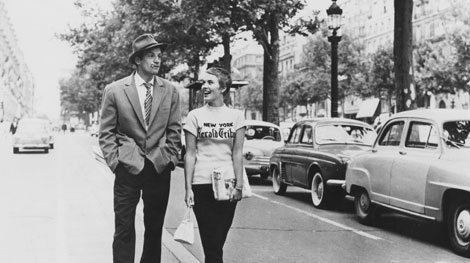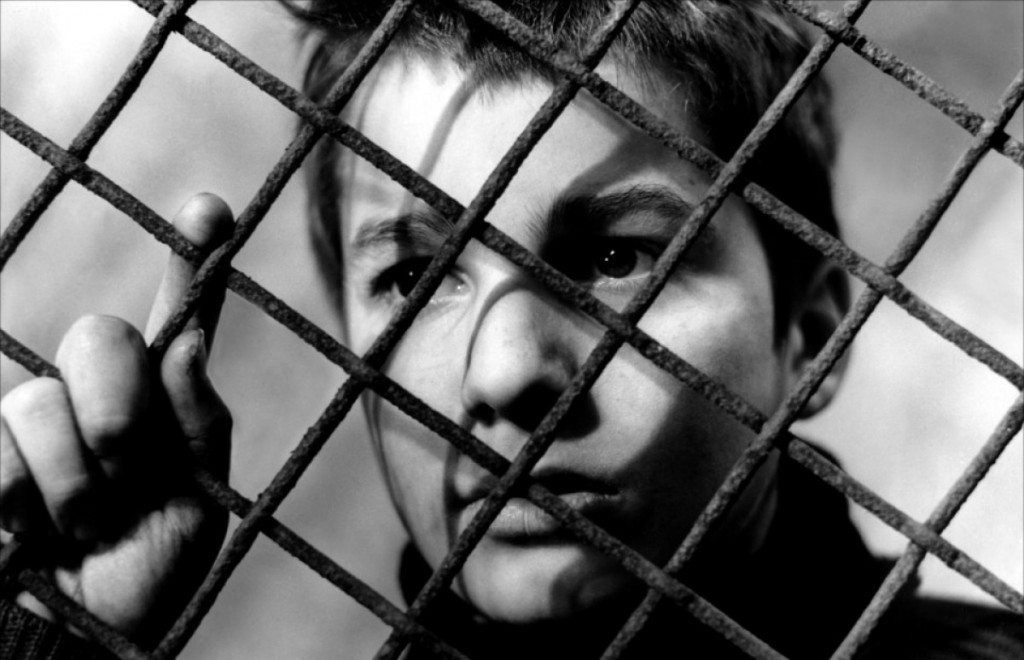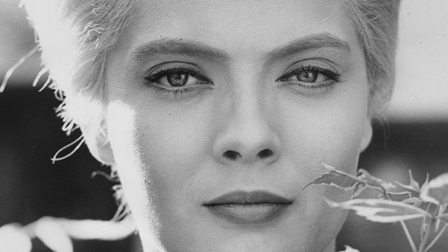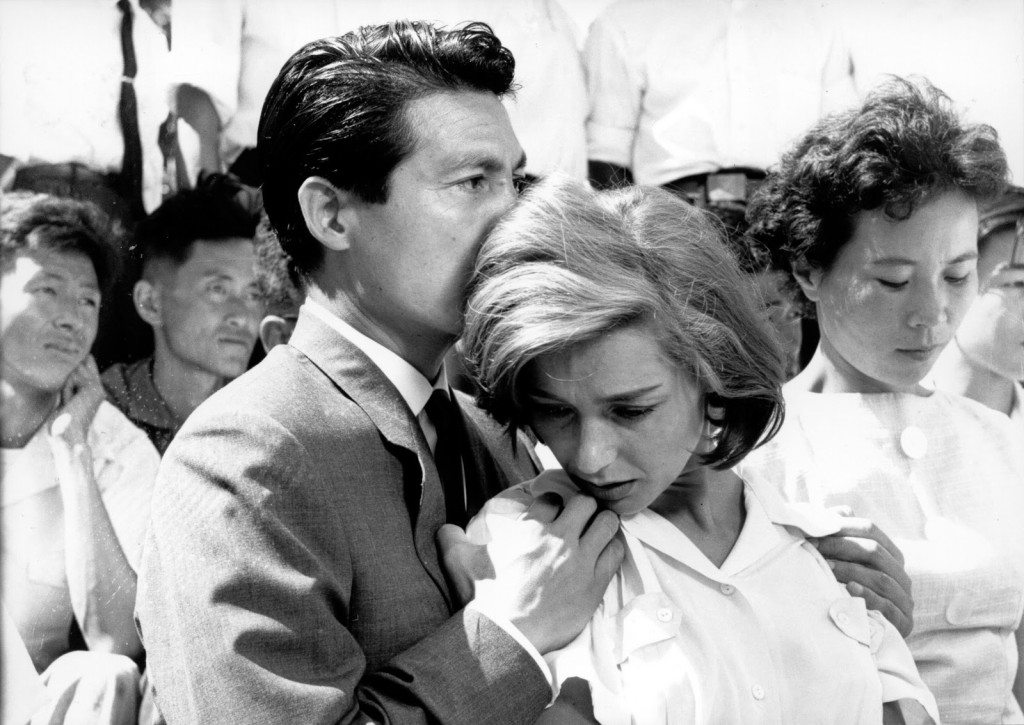Editor’s Choice: Four Nouvelle Vague Films that Shaped Cinema
The French New Wave refers to the work of French filmmakers in the 1950s and the 1960s; a lot of years may have passed, but these films still feel as poignant and fresh as they did in the day of their release.
The New Wave revolutionised cinema. Its work looked into the lives of ordinary French people, often marginalised and misrepresented – if shown at all – on the big screen. The films were political, low-budget and experimental. They played with cinematic tropes – for example, Breathless is such an ironic take on the American gangster film – to achieve a raw mixture of wit and a certain cinematic grace.
We’ve picked four films that defined the beginning of the nouvelle vague –and we think you might enjoy.
Breathless (À bout de souffle)
Jean-Luc Godard, 1960
Jean-Luc Godard’s debut film remains his most influential and poignant up to this day. Starring the legendary Jean-Paul Belmondo and Jean Seberg as two young lovers, Breathless plays with cinematic conventions and tells a story of crime and love on the fringes of society and adulthood. It’s unpolished, raw and unbrushed, depicting the lives of everyday people. Breathless still feels fresh, even after more than 50 years.
Also watch: Band of Outsiders (Bande à part), My Life to Live (Vivre sa Vie), Pierrot le Fou
The 400 Blows (Les 400 Coups)
François Truffaut, 1959
The debut film of François Truffaut, and the beginning of a life-long creative collaboration with leading actor Jean-Pierre Léaud. Written by Truffaut and Marcel Moussy, the film is about Antoine Doinel, who – as most young teenagers are – is misunderstood by his parents and teachers alike. The 400 Blows traces Antoine through the troubling hypocrisy of the so-called ‘grown-up world’, leaving us with one of the most memorable film endings of all time.
Also watch: Jules and Jim (Jules et Jim), Shoot the Piano Player (Tirez sur le pianiste), Day for Night (La Nuit américaine)
Cléo From 5 to 7 (Cléo de 5 à 7)
Agnès Varda, 1962
Cléo From 5 to 7 is a magnificent feminist masterpiece that follows two hours of Cléo’s life as she struggles with her identity, her lovers and her diminishing satisfaction from her singing career. Agnès Varda (the only female director of Nouvelle Vague) wanted to show the passage of time through a completely personal trajectory, and, indeed, she succeeded.
Also watch: The Beaches of Agnès (Les plages d’Agnès), Vagabond (Sans toit ni loi), La Pointe Courte
Hiroshima Mon Amour
Alain Resnais, 1959
Hiroshima My Amour is an impossible love story, torn apart by the memory of war and loss. It is an intense documentation of a private conversation between a Japanese man and a French woman. The film contrasts their different narrations, drawing a parallel between the woman’s experiences in France and the bombings of Hiroshima. Intense, traumatic and desperately fragile, the film served as a catalyst for the Nouvelle Vague.
Also watch: Last Year at Marienbad (L’Année dernière à Marienbad), Night and Fog (Nuit et brouillard)
Image Source: en.wikipedia.org, flickr.org, criterion.com





Comments